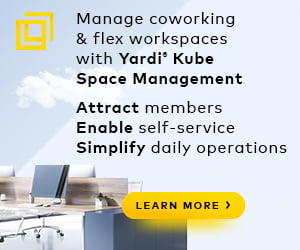Companies are navigating how to keep up with the accelerated digital transformation that the workforce has undergone since the beginning of the pandemic.
Now that the way we collaborate, communicate and get work done has been altered, what can we expect from the future of the workplace?
Prior to the pandemic, many business leaders shared the misconception that remote working was a hindrance on productivity. However, a McKinsey report revealed that 41% of employees feel more productive than ever before.
People who have recently transitioned to remote working arrangements have also said they enjoy not having to commute daily and have more time to focus on their personal lives.
Still, the office is not going anywhere. Instead, it will play a new role in which it is used for in-person collaboration or team-building events.
What has become clear is that employees mostly enjoy the flexibility to choose when and where they work. While some enjoy working from home, others may want a flexible office to come to a few times a week.
Additionally, now is the time for employees to focus on upskilling. By 2030, McKinsey predicts that 50% of jobs could potentially be automated. Still, 85% of jobs that will be available by that time haven’t even been invented yet.

 Dr. Gleb Tsipursky – The Office Whisperer
Dr. Gleb Tsipursky – The Office Whisperer Cat Johnson – Coworking Marketing Maven
Cat Johnson – Coworking Marketing Maven Angela Howard – Culture Expert
Angela Howard – Culture Expert Drew Jones – Design & Innovation
Drew Jones – Design & Innovation Andrea Pirrotti-Dranchak – Competitive Advantage
Andrea Pirrotti-Dranchak – Competitive Advantage














